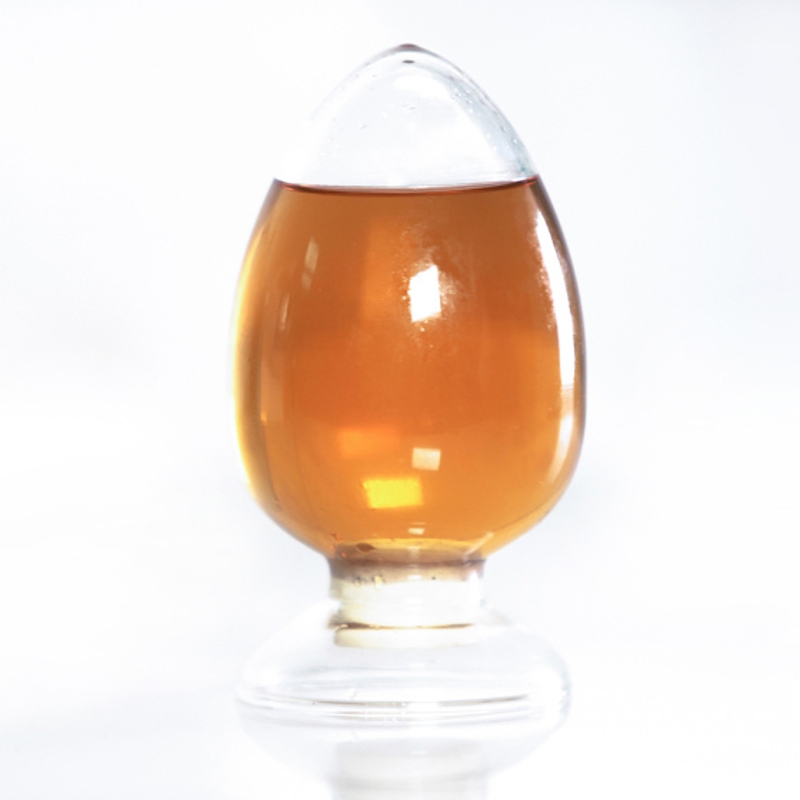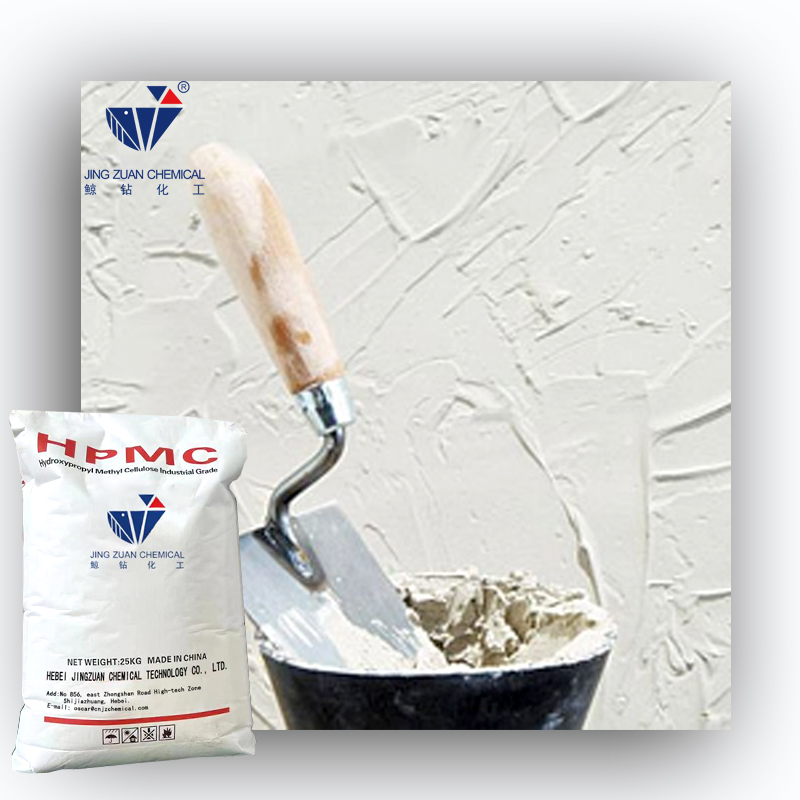-
Categories
-
Pharmaceutical Intermediates
-
Active Pharmaceutical Ingredients
-
Food Additives
- Industrial Coatings
- Agrochemicals
- Dyes and Pigments
- Surfactant
- Flavors and Fragrances
- Chemical Reagents
- Catalyst and Auxiliary
- Natural Products
- Inorganic Chemistry
-
Organic Chemistry
-
Biochemical Engineering
- Analytical Chemistry
- Cosmetic Ingredient
-
Pharmaceutical Intermediates
Promotion
ECHEMI Mall
Wholesale
Weekly Price
Exhibition
News
-
Trade Service
10.
10.
GCs are easily absorbed from the gastrointestinal tract, especially in monogastric animals.
10.
In clinical applications, long-term or high-dose application of GCs may cause the following adverse reactions:
(1) Iatrogenic adrenal hyperfunction
A series of symptoms caused by long-term high-dose application of GCs due to high levels of GCs in the body, including muscle atrophy (caused by long-term negative nitrogen balance) mostly occurs in the large muscle groups of the limbs; thinning of the skin; centripetal obesity; acne; increased body hair; High blood pressure; high blood lipids; hypokalemia (which can be combined with muscle atrophy and cause muscle weakness); elevated urine glucose; osteoporosis
(2) Inducing or aggravating infection or transferring potential infectious lesions in the body
This is mainly because GCs have only anti-inflammatory effects and cannot really kill the pathogens that cause infections.
(3) Causes peptic ulcer
GCs can stimulate the secretion of gastric acid and pepsin, reduce the resistance of gastric mucosa to digestive juices, and can induce or aggravate gastric or duodenal ulcers, called steroid hormone ulcers
(4) Inducing pancreatitis and fatty liver
GCs can increase the secretion of pancreatic juice, make it viscous, or contract the biliary pancreatic ampullary sphincter and pancreatic duct, or reduce the microcirculation of the pancreas, directly damage the pancreatic tissue, and promote the occurrence of pancreatitis
(5) Affect fetal development
The use of GCs in the first trimester of pregnancy can cause fetal developmental malformations, and high-dose application in the late pregnancy can inhibit the fetal hypothalamus-anterior pituitary, causing atrophy of the adrenal cortex, and symptoms of postpartum cortical insufficiency
(6) Iatrogenic adrenal insufficiency
As long-term use of GCs causes negative feedback regulation of the hypothalamus-anterior pituitary-adrenal cortex axis, the secretion of endogenous adrenal cortex hormones will be inhibited, and a rebound phenomenon and withdrawal reaction will occur after the drug is stopped suddenly, and the drug will be stopped for half a year.
(7) Inducing schizophrenia and epilepsy
GCs can enhance the activities of dopamine-B β-hydroxylase and phenylethanolamine-N-methyl converting enzyme, and increase the synthesis of norepinephrine and epinephrine
Related Links: Uses of Glucocorticoids







